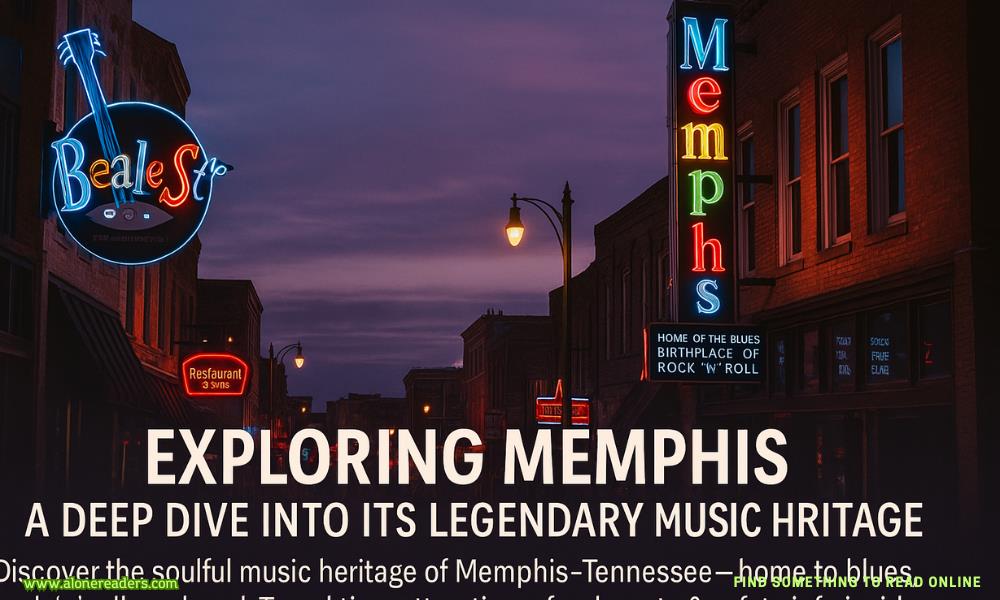Page 41 of Pioneer Summer
“Does it take a long time to get there?”
Yurka shrugged. “Ten, maybe fifteen minutes.”
“In this heat?” said Volodya, frowning. In the cloudless sky, the sun really was baking them mercilessly. On top of that, they’d be on a river that wasn’t too deep but was wide, without a single bit of shade. Still ... “Okay, fine,” he capitulated. “But you’ll bear full responsibility!”
“Responsibility’s my middle name,” said Yurka, chuckling.
The current in that part of the river really was fast and strong, and they were rowing against it. Yurka, out of practice, spent quite a while wheezing and straining until he found his rhythm. After all, it had been a year since the last time he went out in a rowboat.
For a while they moved in complete silence except for the measured splashing of the oars and the whispering of the reeds. To the right the shore sloped gently up, spreading in a green and yellow carpet all the way to the camp fence. To the left a steep bank riddled with barn swallow nests was forbidding with its sheer drops, the tree roots jutting from the sandy cliffs, the muddy sandbars, and the woods looming high over their heads. Still, the trees weren’t high enough to cast any real shadow on the river; Yurka, who was not only sitting in the hot sun but working the oars, too, was sweating buckets.
“Hey, Yur ... I was going to ask you something ... ,” said Volodya hesitantly, breaking the silence. “Can I?”
“You started, so you may as well finish.”
“I heard something about what happened last year. Olga Leonidovna was saying they treated you badly. So basically that’s why they decided to let you in this session: because they felt sorry for you. I used to wonder whether I knew the whole story there, but now that I’ve gotten to know you better, I see I don’t know the first thing about it. Will you tell me what happened, and how?”
Yurka drew in a deep breath and let it out slowly. “So there was this one guy, you know, this ... creep who was a camper here. He was the one whosedad was in the nomenklatura and had connections, the one who ... no, I have to tell it all from the beginning. I used to go to a music school attached to a conservatory. My dream was to become a pianist”—Yurka saw Volodya’s eyes widen in amazement and hurried to cut off his questions—“but I didn’t tell you because I hate even remembering all that. The thing is ... I really loved the piano, I couldn’t live without it ... No, ‘really’ isn’t the right word. I loved it passionately, for as long as I can remember.”
Yurka paused for some time, choosing the right words. He concentrated hard, figuring out how to explain it, how to show Volodya the extent to which music had been important to him. That he had never once imagined his life—imagined himself—without music. Ever since he was little, music had always been with him, the sound keeping his thoughts company. Music comforted, calmed, and cheered him. He heard music in his dreams every night. Music played every moment he was awake. Yurka never grew tired of it. Just the opposite: in moments of silence he became fearful, he couldn’t do anything right, he couldn’t concentrate. Sometimes he worried he was obsessed, because the piano was the only thing he cared about, the only thing that moved him, and it scared him how alienated he was from most people. It was as though he lived in a different dimension that he was trying to figure out. Was it that the music lived in him, or that he lived in the music? Was the music shining inside him, like a tiny but white-hot star? Or was it he who was inside a gigantic universe, one that only he could feel?
But how was he supposed to explain all this to Volodya? Volodya was a friend, yes, but someone he was still getting to know, and someone who didn’t know music at all. And Yurka never talked about all this, anyway. Music was his personal, private experience, one that was delicate and fragile, one that couldn’t be formulated using something as primitive as words.
“I didn’t go to a regular school; I went to a special music school run by a conservatory. Have you heard of those?” Volodya shrugged. Yurka explained: “Schools like that teach music along with all the regular school subjects. You attend for ten years, and then when you graduate, you can go directly to the conservatory instead of having to do music academies and auditions like everybody else. So, anyway, I aced the tests after the fourth grade, but starting in the eighth grade everything started going downhill. At the endof eighth grade there’s a big test, and in addition to our own teachers the instructors from the conservatory also come to watch the testing and pick out students in advance to work with after they graduate—” Yurka stopped abruptly.
Volodya, his head tilted slightly, gave him a questioning look. “And?”
Yurka hesitated. He rubbed his forehead and looked away. “I failed. They said I was ‘average.’”
“So what? That’s not a failing grade!”
“But this is music, Volod! Everything’s incredibly serious, in music you’re either a genius or you’re nobody. There’s no tolerance for ‘average’ people in music! So I was advised to leave the music school, because once I’d failed the test, there was no way I was going to make it into the conservatory. I’m stubborn. I stayed. But it was a waste of time. For half a year I got nothing but abuse, I got Ds, people said mean things to me ... so once they’d finally beaten it into me that I’m worthless, I left. I quit, all by myself. I quit music and transferred to a regular school. I haven’t touched a piano since.”
Volodya was silent. Yurka stared at the river. He was recalling how hard—almost impossible—it had been after that to force the music to be silent and then to learn to live in that silence. To this day he still hit his own hands and squeezed his interlocked fingers together until they hurt—whatever it took for them to unlearn their habit of drumming out his favorite works, or works he’d composed himself, on any available surface. He was even doing it right then, hammering his fingers unconsciously on the oar without recognizing the melody, without even trying to recognize it.
“But why didn’t they figure it out until the eighth grade?” Volodya inquired cautiously. “Shouldn’t they have caught it earlier?”
“Because me and my talent had absolutely nothing to do with it!” scoffed Yurka.
Volodya looked confused. “What do you mean?”
“What I said! The city executive committee chairman’s son was also in the music school. Typical little privileged nomenklatura prick: his daddy’s a political boss, so he gets whatever he wants. He was a total mediocrity, always skipping school, but he wanted to go to the conservatory. So they gave him my spot.” Yurka took up the oars again. “Isn’t it great how it workedout? Konev lives and breathes music, but he’s not worthy of being a student because he’s ‘average,’ while Vishnevsky skips school, but it’s okay because he’s a major talent! Although he has no talent at all! Pretty great, eh?!”
“Yeah ... ,” said Volodya slowly, obviously unsure how to respond. Taken aback, he looked away.
Yurka tried but failed to suppress the eruption of anger that was staining his cheeks red, filling his voice with bile, and making his eyes glitter feverishly. When Yurka pulled the oars, his strokes were even so choppy they rocked the boat back and forth. He spoke in a strangled voice: “And wasn’t it great for me the next summer, too, when I get to camp and see that I’m not only at the same session as that nomenklatura prick, I’m in the same troop as him! That sleazebag, that little shit, that—”
“Hey, take it easy with the name-calling,” warned Volodya, but Yurka was so consumed by rage and hurt that he didn’t pay Volodya any attention. He put his back into it and started rowing furiously. He’d completely forgotten about the heat, though the sweat was pouring off him. “It’s all because of him! He’s the reason they threw me out! He’s the one who destroyed my life! But my humiliation at school wasn’t enough for him, oh no! He decided to pull his shit here, too: he called me a little yid in front of the whole camp! And that’s where I couldn’t take it anymore. I let him have it, right in his ugly mug, and in front of everybody, too. I got him good, I busted his nose, he was bleeding everywhere ... I’ve never hit anybody that hard,” Yurka said, grinning bitterly. “I’ve always protected my hands. My grandma drilled it into me ever since I was little: ‘Yura, take care of your hands! Yura, take care of your hands!’ But what’s the point of taking care of them? What am I preserving them for?”
“Wait, but why ‘little yid’? Are you really Jewish?” asked Volodya, obviously trying to draw him toward a less painful topic.
“On my mom’s side,” said Yurka, without looking at him. “Yeah.”
“But how did Vishnevsky find out? There’s nothing about you that looks Jewish, just average Russian: your first name, your last name, your face, your hair—there’s nothing Jewish there.”
“I don’t know. He must’ve seen me in the shower.”
“Wait—what?” Volodya said, confused.















